Festivals - The American French Film Festival 2025 : The Party’s Over – When Satire Exposes the Cracks of Privilege
By Mulder, Los Angeles, Hollywood, Directors Guild of America Theatre, 02 november 2025
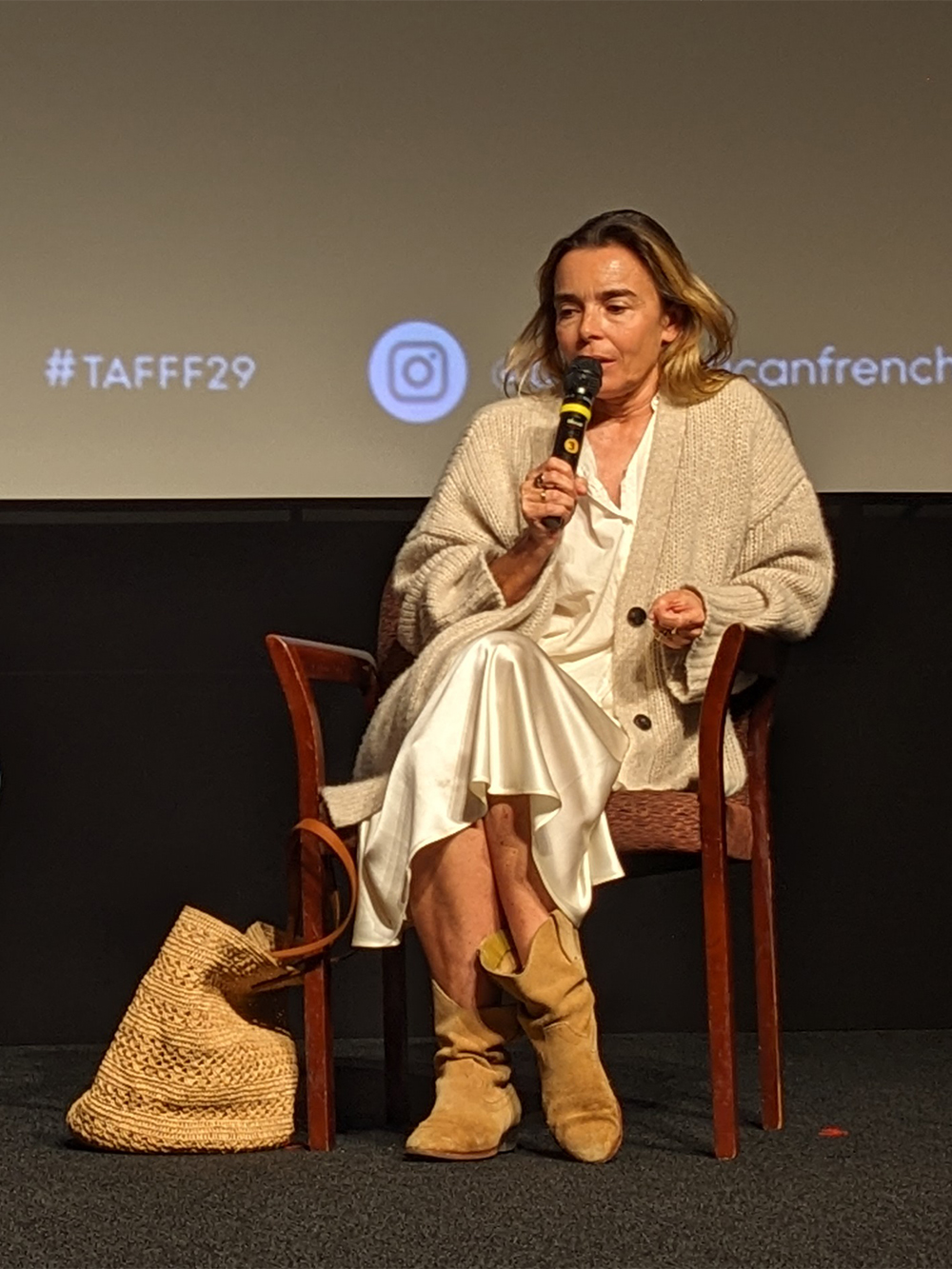
Projected on November 2 at the Directors Guild of America Theatre in Los Angeles, The Party’s Over (Classe moyenne) marked one of the most vibrant screenings of The American French Film Festival 2025. Introduced in the Cinema Competition before a conversation with Élodie Bouchez, the film by Antony Cordier brought a biting, darkly comic exploration of social tensions that struck a universal chord with the audience. Its world premiere at the Quinzaine des Cinéastes during the 2025 Cannes Film Festival had already established it as one of the year’s most daring social satires, but in Los Angeles, its resonance felt sharper, perhaps because of the city’s own contrasts between glamour and precarity. Cordier’s cinema, which has long navigated between tenderness and irony, finds in Classe moyenne a new edge—a moral battlefield where empathy and cruelty coexist, echoing the Italian tradition of satire and the spirit of Claude Chabrol.
At the heart of this Franco-Belgian production lies Sami Outalbali as Mehdi El Glaoui, a young business lawyer who spends the summer in his fiancée’s family villa, only to find himself mediating between her wealthy bourgeois clan and the couple of caretakers, Tony and Nadine Azizi, played with surprising depth by Ramzy Bedia and Laure Calamy. The situation, deceptively simple, soon spirals into chaos as personal ambitions, class resentment, and fragile egos collide. Antony Cordier, who co-wrote the screenplay with Jean-Alain Laban, Steven Mitz, and his long-time collaborator Julie Peyr, builds this social farce with surgical precision. Every exchange becomes a negotiation, every silence a power play. It’s a film of masks and mirrors where no one truly listens, and everyone schemes to rise above their place—whether out of greed, shame, or desire for respectability.
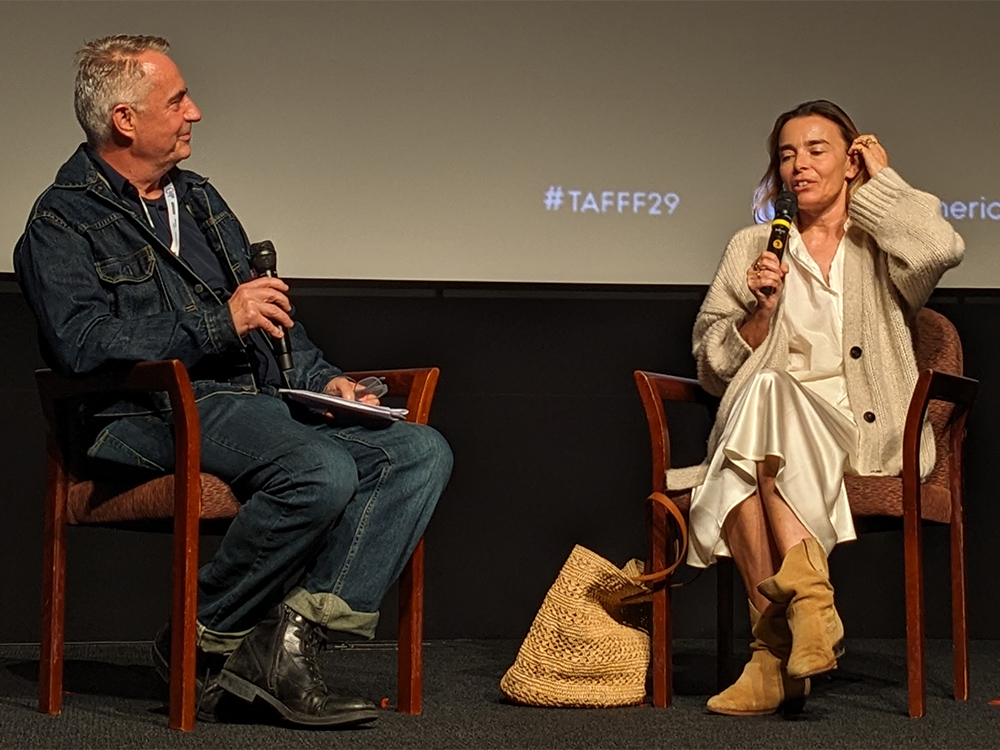
The director, who previously explored youth and desire in Douches froides and Happy Few, embraces here a colder form of observation. “Satire allows cruelty,” he confided in the film’s press notes. “It’s the pleasure of Italian comedy, which reveals the true violence of social relations.” This violence isn’t physical but psychological—an insidious corrosion that eats through both privilege and poverty. Mehdi, a “transfuge de classe,” becomes the embodiment of Cordier’s own experience as someone from a working-class background trying to navigate elite spaces. His in-laws, played by Laurent Lafitte and Élodie Bouchez, embody a kind of moral hypocrisy that the director dissects with wicked humor. Lafitte’s Philippe, a self-satisfied lawyer, is perhaps the film’s most honest liar—vain, manipulative, and aware of his own corruption. Bouchez, in contrast, channels icy fragility and suppressed rage, her performance balancing elegance with quiet contempt.
The dynamic between the Azizi couple and their employers is what gives The Party’s Over its tension. Cordier admits he drew inspiration from his own family, especially his plumber uncle and his hairdresser mother, when shaping the Azizis. Ramzy Bedia’s physicality—the constant presence of a body “too visible, never quite hidden,” as the director described it—adds a layer of discomfort, reminding viewers of how class manifests not just in speech but in gesture, skin, and sweat. Laure Calamy, as Nadine, brings vitality and unpredictability to the film. She oscillates between pathos and command, and her scenes of improvised physical comedy—like the notorious jacuzzi moment with Élodie Bouchez—underline Cordier’s skill in transforming social friction into raw, sometimes absurd intimacy.
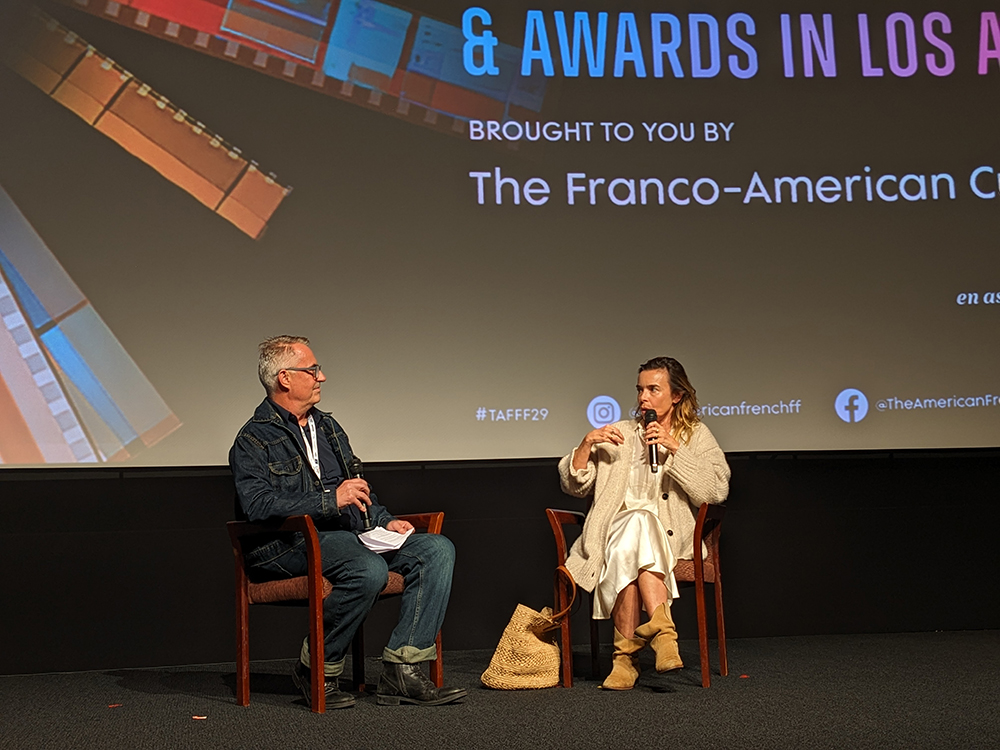
The Party’s Over gains its rhythm not only from its dialogue but also from the house in which most of the story unfolds. Filmed in Castillon-du-Gard and Nîmes, the villa’s architecture—a snail-shaped labyrinth—reflects the film’s central theme: entrapment in the circular motion of class struggle. Everything flows and overflows here: emotions, water, power. The cinematography by Nicolas Gaurin uses these curves to reinforce the sense of suffocation, while the editing by Camille Toubkis keeps the pace tight, as though the walls themselves were closing in.
The film’s music plays an essential role in balancing its tonal complexity. Cordier worked closely with Clémence Ducreux, whose compositions he discovered by chance on Deezer. Blending her moody, ironic themes with electronic tracks by Sascha Funke, Boris Brejcha, and Thylacine, the soundtrack builds a dialogue between classical and electro—a musical echo of the generational and cultural divide at the film’s core. These “fugues,” as the director called them, capture the repetition and entrapment of his characters’ ambitions, making rhythm a form of social commentary.
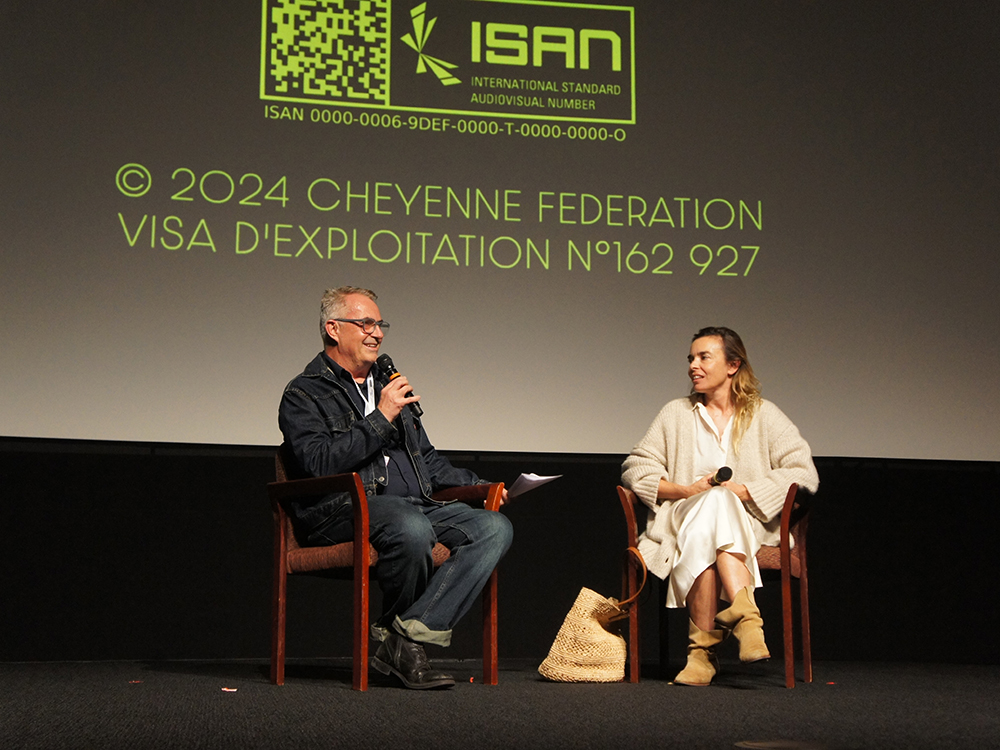
Cordier’s return to the Quinzaine des Cinéastes twenty years after Douches froides feels both nostalgic and triumphant. Back then, he came as a young filmmaker with unknown actors and a low budget; now, he commands a cast of established talents, but his gaze remains unflinching. The Party’s Over refuses moral comfort: its characters are all monstrous in their own way, and yet painfully human. In its world, everyone wants to “change”—their status, image, destiny—but each attempt only reveals deeper contradictions. The satire bites because it is truthful, and laughter comes tinged with unease.
In Los Angeles, the screening concluded with sustained applause and a lively discussion led by Élodie Bouchez, who spoke about her long collaboration with Cordier and the challenge of playing a character so brittle and judgmental. The audience, a blend of cinephiles and industry insiders, seemed captivated by how universal the story felt, even across oceans. Beneath the French Riviera sun and the Hollywood spotlight, The Party’s Over holds up a mirror to societies built on pretense—where everyone pretends to have earned their place, and no one really knows what that place means anymore. It’s a sharp, stylish dissection of the myth of meritocracy, told with laughter that cuts as deeply as it entertains.
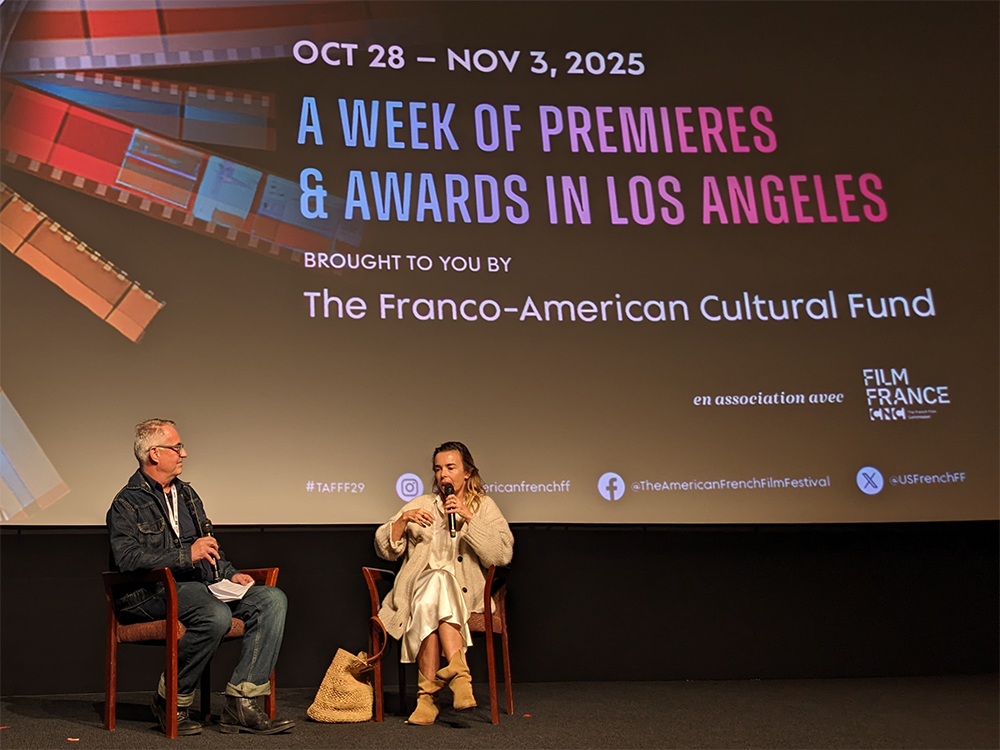
Synopsis :
Mehdi planned to spend a quiet summer in his in-laws' sumptuous mansion. But as soon as he arrives, a conflict erupts between his fiancée's family and the couple who look after the villa. Coming from a modest background, Mehdi thinks he can negotiate between the two sides and bring everyone to their senses. However, things only get worse...
The Party's over (classe moyenne)
Directed by Antony Cordier
Written by Jean-Alain Laban, Steven Mitz, Antony Cordier, Julie Peyr
Produced by Pauline Attal, Julien Madon
Starring Laurent Lafitte, Élodie Bouchez, Laure Calamy, Ramzy Bedia, Sami Outalbali, Noée Abita, Mahia Zrouki, Ryad Ferrad, Candide Sanchez
Cinematography : Nicolas Gaurin
Edited by Camille Toubkis
Music by Clémence Ducreux, Sascha Funke, Boris Brejcha, Thylacine
Production companies : Cheyenne Federation, Umedia, SOFICA LBPI 18
Distributed by Tandem (France)
Release dates : May 19, 2025 (Festival de Cannes 2025), September 24, 2025 (France)
Running time : 95 minutes
Photos and video : Sophie Janinet / Mulderville

